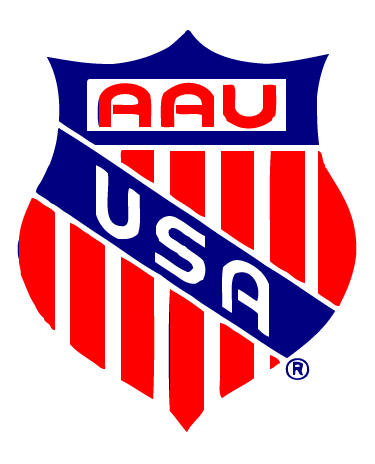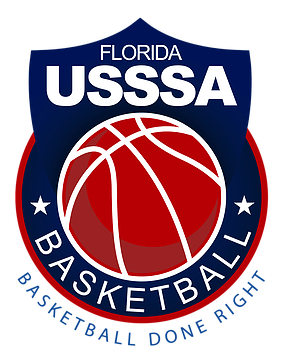Tips for Helping your Child Grow into a Star Athlete
We love seeing our children participate in something bigger than themselves, and watching them have an integral part in the success of a team brings joy to our hearts. It is an important role as a parent to encourage our children towards success and to reach for their goals and dreams.
As a parent who has sat on the sidelines many times cheering on my daughter… I’m sure we’ve all seen a time or two where friendly competition got carried away and the parent’s attitudes turned sour. Exhibiting this type of behavior to our children and being overly critical of their athletic abilities is detrimental to their success. There comes a time when backing off is necessary for our children to flourish and thrive as athletes.
One ‘trap’ so to speak, that many parents fall into is picking one sport and one sport only very early on for their child to put all their time and energy into. It is important to encourage them to experiment with various sports. This will allow them to decide on multiple sports that they are not only good at, but also love. Recent numbers suggest that most athletes that make it to the college and professional level were multi-sport athletes in high school. So, does specialization in high school actually give your athlete a disadvantage of being successful at the next level and beyond? There are several instances that I have heard of some coaches only recruiting players that played multiple sports in high school. Ultimately having your child specialize early on in one sport is a decision that only you and your child can make.
Parents aren’t the only ones who can stand to take a few pointers on helping our children thrive into the athlete they are striving to become. Keeping reading below for a friendly suggestion for coaches and our aspiring athletes.
Coaches and Praising Positive Performance
When it comes to correcting an athlete’s performance, positive feedback has been proven to have a greater impact on performance as opposed to negative feedback. That’s right, positive feedback is linked to higher performance. In fact, there has been research done by sports psychologists that suggests that players were much less likely to repeat mistakes and show increased performance when they were provided with positive feedback and told what they were doing right versus focusing on what they did wrong.
When a player shows skills that need improvement and you as the coach point that out to them, that will be what they focus on –what they are doing “wrong”. This causes a negative effect on the mentality of the player and will consequently lower performance. A lot of coaches always seem to focus on what the athlete is doing wrong instead of what they are doing right. This can lead to decreased enthusiasm and passion for the sport not allowing the athlete to reach their ultimate full potential. Some researchers contend when faced with the choice of giving feedback when they did something wrong or when they did something right, all conclude positive feedback will have a more lasting impact on the overall development of an athlete. Try to combine teaching with what the athlete is doing right first and follow up with strategies to work on to improve their overall game that involves some of their weaknesses so it doesn’t isolate their deficiencies.
Athletes: Play First…Analyze Later
The best athletes all have one thing in common for sure, self-reflection of performance. When athletes take time to reflect on their performance it allows them the opportunity to examine what they can do to improve their performance. The coaches and parent’s role can tie in here as well. It is important to promote this type of thinking by asking the right questions. Questions like what they did well, what they didn’t do well and what can they do differently to better their level of skill.
Mental preparation is also a key component in the athlete’s development. Mental preparation/visualization helps athletes achieve a focused, confident and trusting mindset to help them compete at their highest level and reach their full potential. Mental preparation will help with 4 distinct areas of performance.
- Increase the athlete’s confidence with their skill set
- Help the athlete prepare to deal with distractions and adversity before and during the event
- Help the athlete focus on execution of the plays and/or game plan
- Allow the athlete to fully engage in the role of the best athlete they can be
In closing, our children/athletes are ultimately the creators of their futures, with an equal balance of boundaries, giving them room to grow. With guidance from positive influences of parents and coaches, they are well on their way to athletic and life success.
View All News









Share This Page: